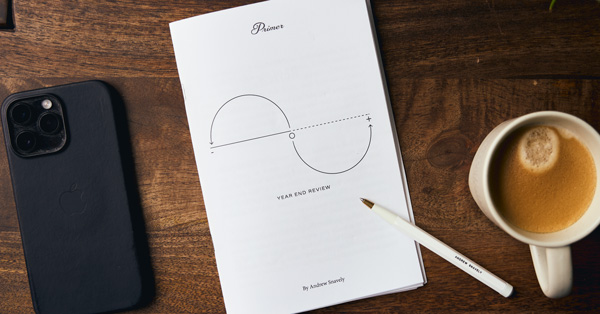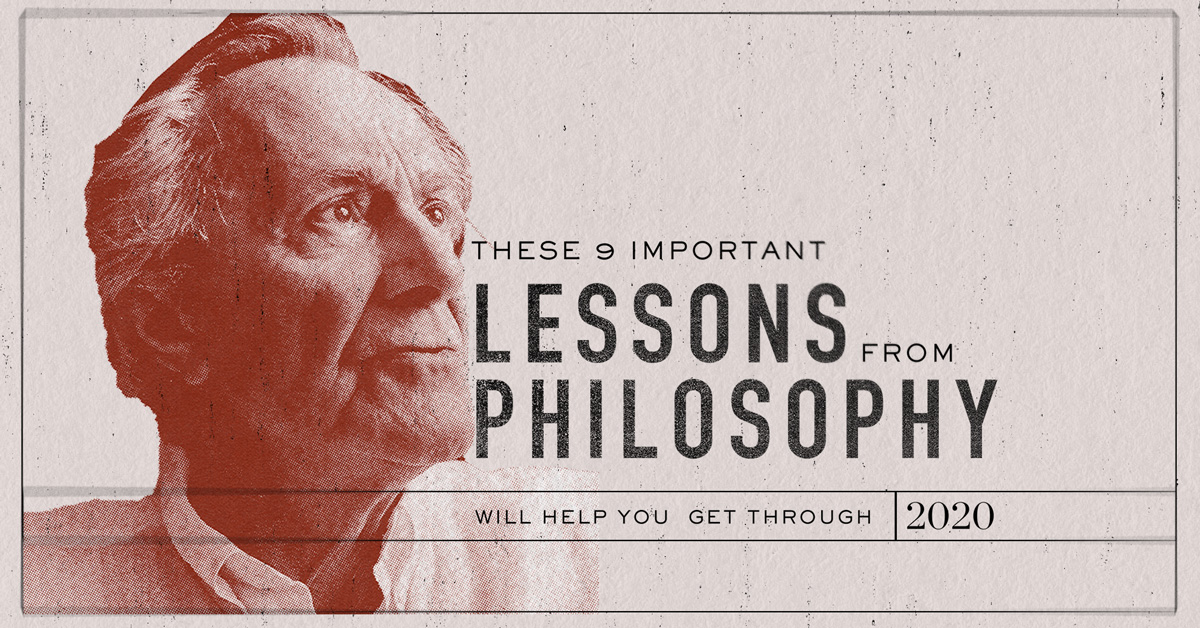
How to use the wisdom of the past to survive the present.
By Gordon Brown
This year has sucked.
Plagues and pestilence. Wildfires and floods. Wars, brutality, and pretty much every lousy thing short of rabid ferrets raining down from the sky. Though many of us have been spared the worst that 2020’s dished out, living in quarantine while the world falls to pieces can still feel like being the protagonist of a Nine Inch Nails song (without the cool aesthetic).
As much as this year’s been a conga-line of catastrophe and anxiety, these times are anything but unprecedented. Everything we’re going through now has happened before, and in dark days like these, looking back on the lessons of thinkers who’ve come before us can give us hope, discipline, and some desperately-needed perspective.
Whether we’re looking for guidance or some simple inspiration, these are ten terrific lessons from history’s greatest philosophers on how to keep going when we’re going through hell.

Camus: “Joy is an act of defiance.”
“Imagine Sisyphus happy.”
That’s the instruction we’re given by Albert Camus – and given that the mythical figure of Sisyphus was condemned to roll a rock up a hill for all eternity, only for it to roll down the other side, that’s no easy task. Strange as it might sound, Camus and his absurdist philosophy provides us with a stirring call to action in these bleak times: be happy.
As Camus would have it, our ability to find joy in dark times isn’t a form of self-delusion, it’s an act of rebellion (for some of us, the only real power we even have). We need to stare life’s randomness and indifference right in its face and declare, “No. I’m not going to despair. I’m not going be broken. I’m going to be joyful because I can!” That defiance can make all the difference, whether we’re living through the apocalypse or getting through the daily grind. Don’t be happy because things are going well. Be happy because they aren’t.
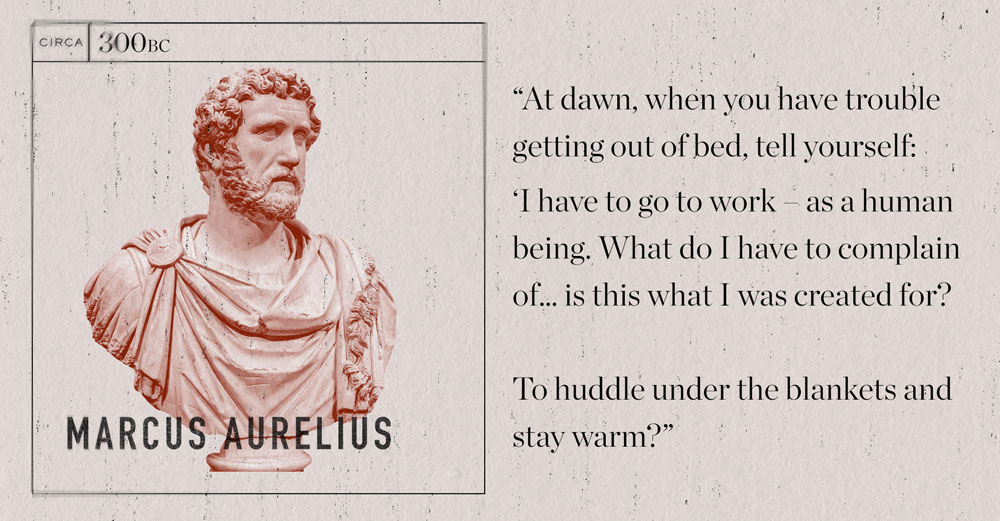
Stoicism: “Life is tough, you can be tougher.”
As hard as life is right now, it wasn’t too long ago that it was infinitely tougher. Tougher in the time of cholera. Tougher in the time of smallpox and scurvy. Tougher in the days when a shaving cut could mean a death sentence and watching someone get devoured by lions was the pinnacle of entertainment. But for the Stoic philosophers living then, recognizing the difficulty and randomness of life wasn’t an act of despair, it was the first step towards freedom.
Stoicism teaches us that facing the unpleasant truths of existence head-on is the only way to endure them. Yes, some people we meet in life are going to be selfish and stupid. Some tasks we undertake are going to result in failure. Some days are going to be cold, lonely, and thankless and when we recognize that, we’ll finally be able to face life’s disappointments with dignity, tranquility, and self-assurance. That’s not to say we should make peace with injustice or hardship – only that we can’t let ourselves be ambushed by them. Life, the Stoics argued, is a fight. Expect to be hit, and you’ll be able to keep your footing. It’s no easy task, but one we need to recommit ourselves to every day. In the words of Marcus Aurelius: “At dawn, when you have trouble getting out of bed, tell yourself: ‘I have to go to work – as a human being. What do I have to complain of… is this what I was created for? To huddle under the blankets and stay warm?’”
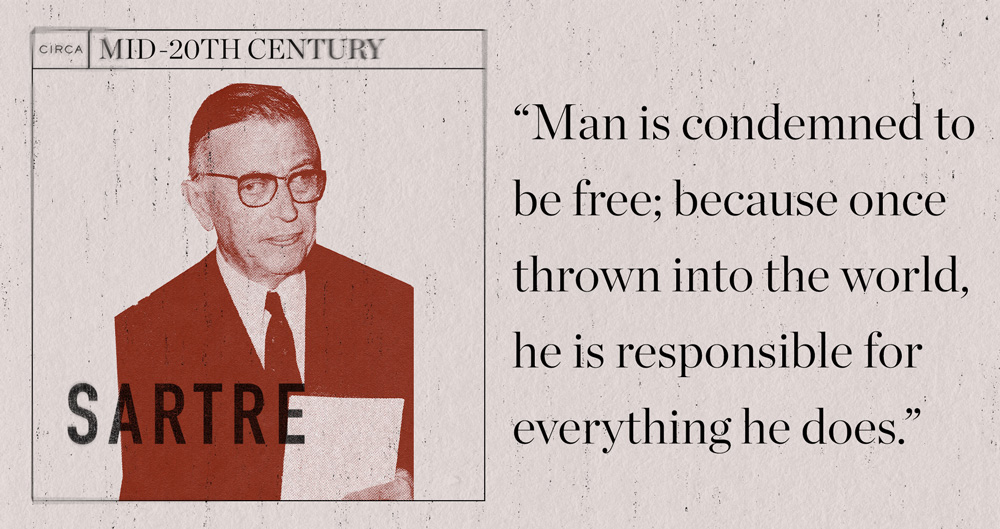
Sartre: “You always have a choice.”
One of the most dangerous deceptions we can buy into right now is the idea that we’re utterly powerless. “We might not like the restrictions we’re facing, the demands of our jobs, the state of our politics, or the plight of the planet but hey, there’s nothing we can do!”
Strange is it might sound, there’s a comfort to that concept. It takes the burden of responsibility off our shoulders and gives us an excuse for every trial and tribulation that comes our way. It’s not our fault – it’s just how the world is.
Sartre isn’t having it.
Self-imposed restrictions (“bad faith,” as he called it) plagues us as much as any pandemic. We always have choices. The choice to risk everything for a new job. The choice to run for office in spite of the odds. The choice to dress in a shrimp suit and tap-dance on the highway. Our options aren’t always easy or convenient but they’re undeniably there, and recognizing that is the only way to live with true authenticity. No matter how much we might try to deny it, the terrible truth is that there’s no escaping freedom.

Confucius: “Harmony starts with you.”
The interdependence of all things is a feature of most Eastern philosophy but nowhere is it more pronounced than in the philosophy of Confucius.
Why does hardship and suffering happen? According to Confucius, it’s because there’s an interruption somewhere in the proper order of things – whether it’s a parent not behaving how a parent should or a ruler not behaving how a ruler should. The solution, Confucius believed, isn’t for people to add to the chaos by themselves behaving badly and for those of us living in 2020, that can be a particularly salient point. What do we do when everyone else is hoarding toilet paper? Behave with selflessness. What do we do if the people around us are acting recklessly? Remain cool, calm, and collected. What do we do when the world seems broken? We become the change that we want to see.
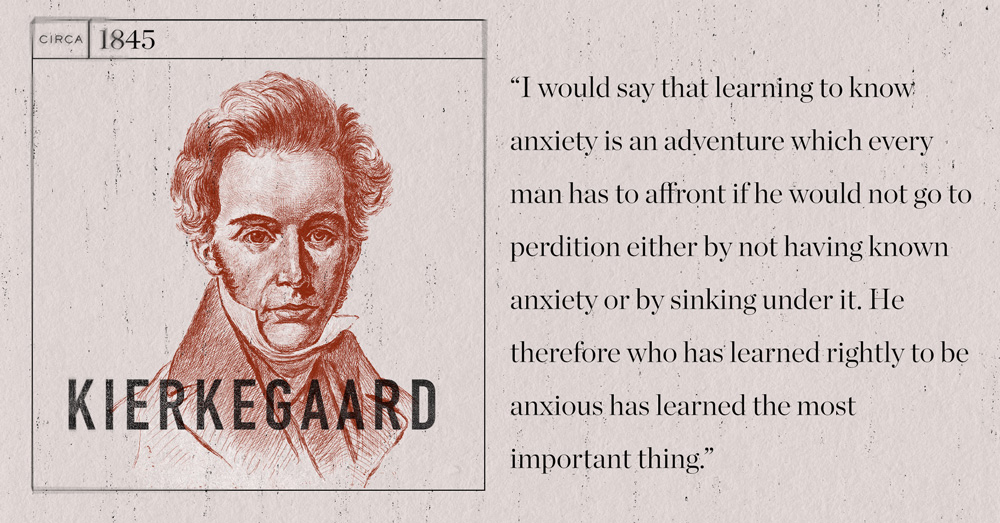
Kierkegaard: “Doubt does not diminish you.”
For many of us right now, the only thing worse than the constant state of worry is the feeling of guilt that comes with it. Society often presents “constant bliss” as being the default state of being. For guys in particular, there’s still enormous pressure to feel and behave invulnerable and unshakeable. When moments of doubt do arise, they can be doubly excruciating because we feel like we’re somehow failing for even experiencing unease.
For Kierkegaard, however, our angst, anger, and anxieties aren’t flaws, they’re valid responses to a world that doesn’t make sense. It’s easy to shut off the rational parts of our brains and commit to some solution with mindless dogma (like the idea that everything will magically snap back to “normal” on 01/01/21). Not only is doubt and dread normal, it’s the very thing that gives meaning to things we’re fighting for. There’s nothing heroic about facing life when life is easy. The real measure of a man is the ability to feel scared and stressed and keep standing all the same. There’s no leap of faith without first having an abyss to stand on the edge of. Doubt doesn’t diminish us – it’s the thing that makes us brave.

Epicureanism: “Take pleasure in the simple things.”
While the term “epicurean” conjures up images of luxury and decadence, for original adherents of this ancient philosophy, living the best life boiled down to basic ingredients: good food, good friends, and the avoidance of anxiety and pain. That principle might seem simple (maybe even trite) but for those of us suffering through 2020, it’s a concept worth reflecting on.
According to Epicurus, contentment isn’t just a “state-of-being,” it’s a skill that every person needs to learn. “He who is not satisfied with a little,” he warns us, “is satisfied with nothing.” Make no mistake – the necessity of sacrificing our regular escapes isn’t fun (whether it’s hanging out at bars, dining out, traveling, partying, etc.) but it is a unique opportunity to re-evaluate what we treat as the minimum requirements for joy. Is life only worth living when we’re headed to some tropical vacation? Are our friendships only enjoyable when we can see someone face to face? Does the value of existence hinge on whether we get to cram ourselves into a restaurant? What makes a good life good?
It’s about time we found out.

Nietzsche: “What doesn’t kill you makes you stronger.”
While the Stoics took suffering as something to simply be endured, Friedrich Nietzsche (godfather of existentialists and 14-year-old edge-lords-alike), suffering was something to be appreciated. Pain, he argued, is perhaps one of the best things that can happen to us. While most of us drift through life in a haze of comfort and complacency, hard times serve as a desperately-needed wake-up call – a sharp, slap in the face that snaps us back to reality.
We don’t have to be tough to struggle, Nietzsche tells us, it’s the struggle that makes us tough. Conflict, confrontation, and adversity test our values. They force us to confront our choices and situations, more crucially, confront ourselves. We don’t have to take pleasure in the universe kicking us when we’re down but we should be taking satisfaction in it – in the knowledge that, when it’s all over, we’ll emerge sturdier, smarter, and with a truer image of who we really are. The things that don’t kill us don’t just make us stronger – they make us everything.
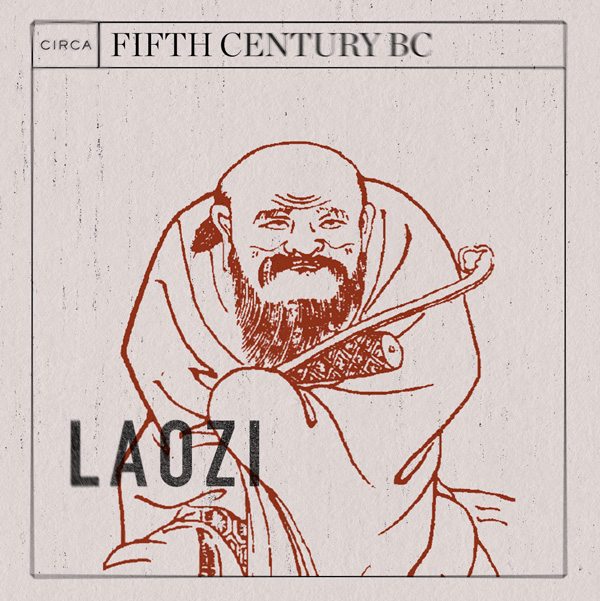
Laozi: “You don’t control everything.”
While there’s no escaping the burden of our own radical freedom, it can still be helpful to remember that options aren’t the same as omnipotence and choice isn’t the same as control – and perhaps no one’s captured that vital reminder better than the ancient philosophy Laozi.
Speaking from across the eons, Loazi is here to remind us that it’s not always our fault.
So much of modern culture is built around the idea of rugged individualism and independence. Those of us facing catastrophe – whether it’s wildfires, plague, or political upheaval – can still get hit by a misplaced sense of guilt and emasculation over our inability to control things.
Loazi’s solution? Don’t try so hard.
We don’t need to exhaust ourselves trying to control things that no human being possibly can. We don’t need to blame ourselves for events we had no part in shaping. Loazi invites us not to despair, not to check out, but to be smart about how we engage with a world that’s bigger than us. We can influence almost everything; we can only control ourselves.
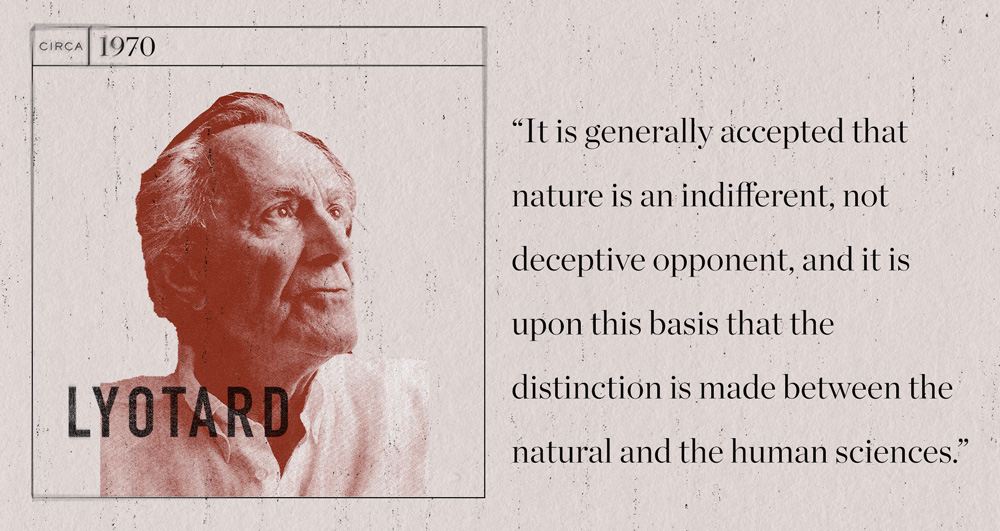
Photo by Bracha L. Ettinger
Postmodernism: “Life is weirder than you think.”
Given the brutal and bewildering state of the world, many of us might be tempted to look for a simple explanation for why things are they way they are. But what if there is no reason? According to Postmodernism, that’s not only the case – it’s something we can actually celebrate.
Upheaval, postmodernists argue, isn’t exclusively a bad thing. Our current predicament serves as an invitation to really re-examine the world we live in and question how fair, free, or reasonable most of it is. As we throw around the term “the new normal,” we question what exactly “normal” is supposed to be. Is it normal to spend an hour cursing through traffic when we’ve been able to work from home for years? What makes a suit appropriate for work when you’re more comfortable in your pajamas? Does it make any sense that all the people society used to denigrate as “unskilled labor” are now “essential workers” (but still paid minimum wage)?
There is no way things have to be. Maybe that’s not such a bad thing. Regardless of where we’re coming from, it’s time – at long last – to rethink where we are.




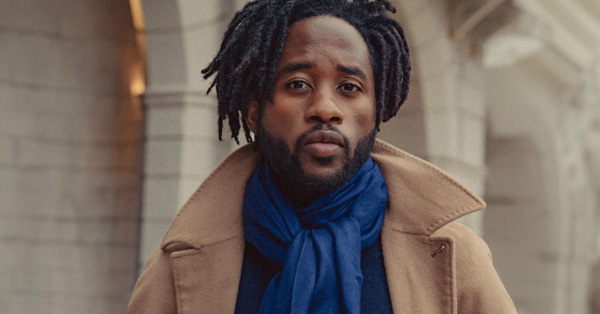


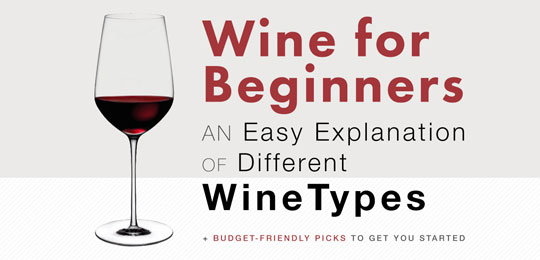

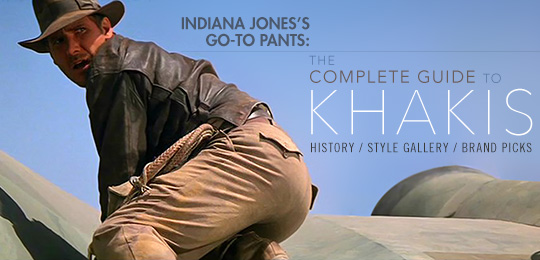



![It’s Time to Begin Again: 3 Uncomfortable Frameworks That Will Make Your New Year More Meaningful [Audio Essay + Article]](https://www.primermagazine.com/wp-content/uploads/2025/01/begin_again_feature.jpg)

